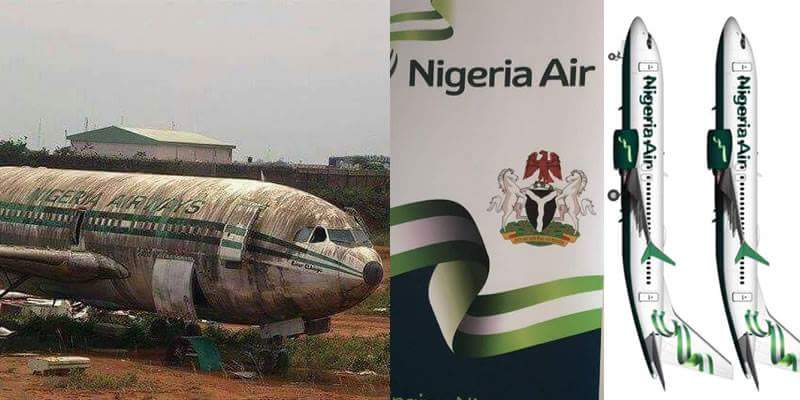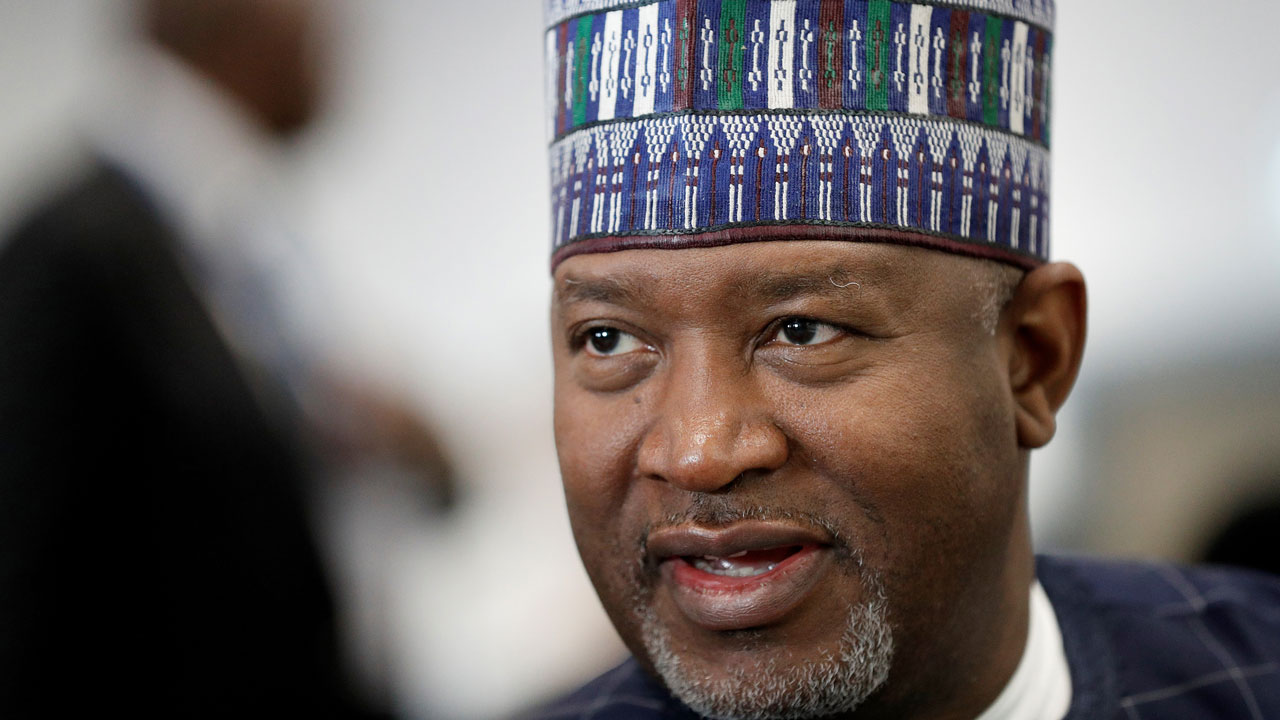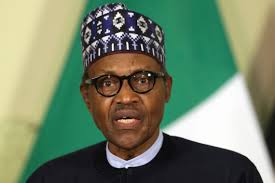…As Ojikutu explains how to float a private sector driven national carrier
Just as more aviation professionals have continued to pick holes on the apparent veiled way and manner the federal government through the Minister of State for Aviation, Capt. Hadi Sirika is going about the emergence of new national carrier, Nigeria Air, leading industry analysts and Secretary General, Aviation Safety Round-table Initiative, Group Capt. John Ojikutu (rtd), has developed a workable template after all.
Besides, the scenario currently playing out regarding the poor outing of Nigerian airlines on international routes, has forced the actual air travel market in the country to shrink. Estimates of capacity and frequencies recorded at the airports are discouraging. The local airlines small, weak and under-capitalised are unable to compete favourably to drive the local potential market.
The reality now is that some 23 foreign airlines are taking advantage of the local inefficiency, controlling at least 90 per cent of the market share on routes to and from Nigeria.
The Minister had been struggling to explain a rather more complicated market entry strategy for Nigeria Air. First, he said it will be private sector driven. Later, he smuggled into the concept of government holding equity share of five percent.

One of the narratives from the same minister is that whereas government will vote the initial takeoff capital of about $300m, the government is not funding the entire project, but will be offering the startup capital in the form of Viability Gap Funding (VGF).
An official of the ministry had corroborated the Minister saying “Once the strategic investor is in place, they will be expecting to build on the initial investment made by government. The OBC suggested that there is a need to start the business in order to attract credible investors.”
Otherwise, the $300million is the funding requirement for the next three years, beginning 2018 ($55million), 2019 ($100million), and 2020 ($145million).
The ministry tends to rely on the claims that the provision, among others, is contained in the Outline Business Case (OBC) recently approved by the Infrastructure Concession Regulatory Commission (ICRC) and currently before the Federal Executive Council for approval.
Besides, there is another detail that under the emerging new national carrier, the Federal Government will be injecting about N3.168billion ($8.8million) as the startup capital for Nigeria Air.
Lately, the same federal government has hinted that it plans to provide $55 million upfront grant/viability gap funding to finance start-up capital and pay commitment fees for aircrafts to be leased for initial operations in Nigeria Air and deposit for new aircrafts whose delivery will begin in 2021.
The heavily discussed $8 million pre start-up fee is also included in the $55 million investment. After the first year of operation, the government will do an initial public offer (IPO) on the Nigerian Stock Exchange subject to approval from Securities and Exchange Commission (SEC). Otherwise, at launch date, FG will own 100 percent stake in Nigeria Air but plans to sell up to 95 percent stake in the company through the IPO. Majority of the shares will be sold to Nigerians and some strategic investors. Nigeria Air requires $300m which is the entire airline cash flow funding requirements over the next 3 years and the airline promoters have said there are on-going plans to raise this fund either through equity or debt. The cash flow estimates contains a 20 percent buffer that was baked into the assumption that the airline may suffer an operating loss in its first year due to competition and need to build a brand.
However, in the midst of the confusing preliminary ownership structure, Ojikutu averred in an interview that “Like I have said, let government not put its hand in it. Let them get technical partners from outside to invest a minimum of 40 per cent. That is why they are talking to Boeing, and will soon talk to Airbus to come and invest, while Nigerians will take the remaining 60 per cent.
“If the aircraft manufacturers bring aircraft today and government goes to the Stock Exchange, Nigerians will come out to invest in the 50 per cent. The remaining 10 per cent can then be between the Federal Government and the states. That is when we will have a national carrier.” he said.
Accordingly, other leading domestic carriers are keeping serious watch on the yet to be unveiled operational templates even as many of them continue to ask questions on who really owns the Nigeria Air.
In the wisdom of the Chairman of Air Peace Airlines, Chief Allen Onyema, while congratulating the Federal Government on the feat, he however observed that the new carrier has to operate transparently, with regulators giving a level playing field to all operators in a fair competition.
Onyema argued that “If the airline will be used to frustrate the hard earned successes of existing airlines, then we all will be against it. As at now, Air Peace has acquired four B777, Med-View just got one, and maybe Azman soon. Does it mean that we would be restricted from those 91 routes that Nigeria Air will be flying? I hope not.
“We trust Buhari to be a nationalist, and he will not allow us to be forced out of business. That is why the new airline has to be transparent. Government has said it is going to be a private business. It has to operate side-by-side with other airlines. So, if the new airline goes to London, no local airlines should be stopped from the route, once it has the capacity,” Onyema said.
In a similar view, the Chief Executive Officer, Med-View Airlines, Muneer Bankole, urged the Federal Government to fully disclose its plans for the general public to know what is in the offing, and warned against injecting public funds into the airline to allow it function and compete as another private carrier.
Bankole was of the position that “There is definitely no threat to operators that know their onions, and once they (new airline) operate normally like an airline, everyone will be fine. The only thing is that they should not take off with the government and people’s funds; it should be privately driven.
“I want to give them the opportunity to come out and be able to tell everybody the template that is still being talked about in Farnborough. When it comes to this country, we have to sit down and ask questions,” Med-View chief averred.









